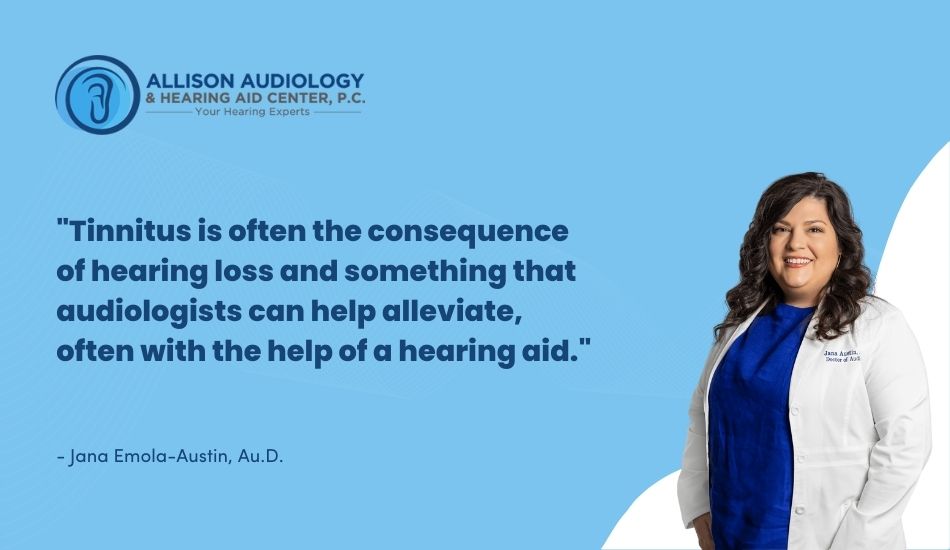When it comes to maintaining your hearing health, a professional hearing test is an essential step. Whether you’re experiencing signs of hearing loss or simply want to ensure your hearing is in top condition, understanding what to expect during a hearing test can help you feel more prepared and confident.
In this guide, we’ll walk you through the entire process, including how long a hearing test takes, what types of tests are involved, and how to interpret the results.
Why You Might Need a Hearing Test
Hearing tests are crucial for anyone who suspects they may have hearing loss or for those who want to monitor their hearing health. Common signs that you might need a hearing test include:
- Difficulty understanding conversations, especially in noisy environments
- Frequently asking people to repeat themselves
- Turning up the volume on the TV or radio louder than others prefer
- Experiencing ringing or buzzing in your ears (tinnitus)
- Feeling that sounds are muffled or distant
If you’re experiencing any of these symptoms, it’s time to consider scheduling a hearing test.
Preparing for Your Hearing Test
Before your hearing test, there are a few things you can do to prepare:
1. Make a List of Symptoms:
Note any hearing-related issues you’ve been experiencing, such as difficulty hearing in certain situations, tinnitus, or ear discomfort.
2. Medical History:
Be prepared to discuss your medical history, including any medications you’re taking and any past ear infections or surgeries.
3. Avoid Loud Noises:
Try to avoid exposure to loud noises for at least 24 hours before your test, as this can affect the accuracy of your results.
4. Bring a Friend or Family Member:
It can be helpful to bring someone with you to the appointment, especially if you have concerns about understanding the results or next steps.
What to Expect During Your Hearing Test
When you arrive at Allison Audiology for your hearing test, you’ll be greeted by our friendly team and led to a comfortable, soundproof room where the test will take place. The test is noninvasive and painless, and it typically involves several stages:
1. Initial Consultation:
Your audiologist will begin with a discussion about your hearing concerns and medical history. This helps us understand the context of your hearing issues and tailor the test to your specific needs.
2. Physical Examination:
We’ll start with a physical examination of your ears using an otoscope. This allows the audiologist to check for any blockages, such as earwax, or signs of infection that could be affecting your hearing.
3. Pure-Tone Audiometry:
This is the most common part of a hearing test. You’ll wear headphones and listen to a series of tones at different pitches and volumes. You’ll be asked to indicate when you can hear a sound by pressing a button or raising your hand. This test helps determine the softest sounds you can hear at various frequencies.
4. Speech Audiometry:
This test evaluates your ability to hear and understand speech. You’ll be asked to repeat words or phrases that are played at different volumes. This helps assess how well you can understand speech in quiet and noisy environments.
5. Tympanometry:
This test measures the movement of your eardrum in response to changes in air pressure. It helps identify issues with the middle ear, such as fluid buildup or eardrum perforation.
6. Bone Conduction Test:
In this test, a small device is placed behind your ear to send sound waves through your skull to the inner ear. This helps determine whether hearing loss is due to issues in the outer/middle ear or the inner ear.
How Long Does a Hearing Test Take?
A common question we receive is “How long does a hearing test take?” The duration of a hearing test can vary depending on the complexity of the assessment and the specific tests required. On average, a complete hearing test at Allison Audiology takes between 30 and 60 minutes.
This time frame includes the initial consultation, physical examination, and the various hearing tests described above.
Interpreting the Results
After your hearing test, your audiologist will review the results with you. They will explain what the test revealed about your hearing abilities and discuss whether you have any degree of hearing loss.
If hearing loss is detected, your audiologist will guide you through your options, which may include hearing aids, assistive listening devices, or further medical evaluation.
Next Steps: Taking Control of Your Hearing Health
If your hearing test indicates that you need further intervention, such as hearing aids, Allison Audiology offers a wide range of options tailored to your lifestyle and hearing needs.
Our team is dedicated to providing personalized care, ensuring that you receive the best possible solution for your hearing challenges.
Why Choose Allison Audiology?
Allison Audiology’s experienced audiologists use state-of-the-art equipment and the latest techniques to ensure accurate diagnoses and effective treatment plans. We understand that hearing is a critical part of your life, and we are here to support you every step of the way.
Schedule Your Hearing Test Today
If you’re concerned about your hearing or simply want to ensure your hearing health is in top condition, don’t wait—schedule a hearing test with Allison Audiology today. Our comprehensive hearing assessments are designed to give you a clear understanding of your hearing abilities and help you take control of your hearing health.
Ready to take the next step? Contact us to schedule your hearing test and experience the difference that personalized, professional care can make.





